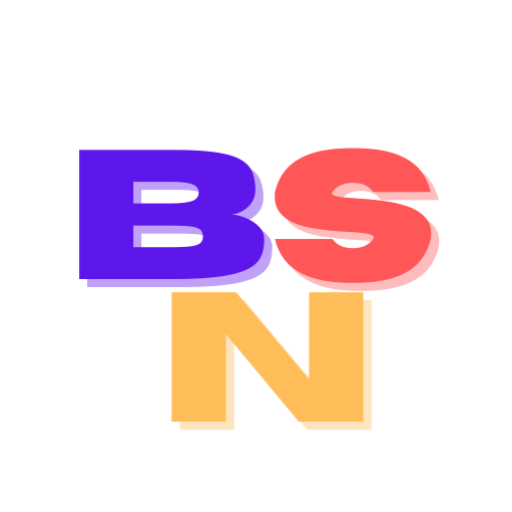How to Program Games: Tile Classics in JS for HTML5 Canvas
- All prices mentioned above are in United States dollar.
- This product is available at Udemy.
- At udemy.com you can purchase How to Program Games: Tile Classics in JS for HTML5 Canvas for only $23.00
- The lowest price of How to Program Games: Tile Classics in JS for HTML5 Canvas was obtained on November 5, 2025 9:31 am.
Set Lowest Price Alert
×

Notify me, when price drops
Set Alert for Product: How to Program Games: Tile Classics in JS for HTML5 Canvas - $23.00

Price history
×
| Price history for How to Program Games: Tile Classics in JS for HTML5 Canvas | |
|---|---|
|
Latest updates:
|
|
Add to wishlistAdded to wishlistRemoved from wishlist 0

How to Program Games: Tile Classics in JS for HTML5 Canvas
$109.99
Description
| Price history for How to Program Games: Tile Classics in JS for HTML5 Canvas | |
|---|---|
|
Latest updates:
|
|
Didn't find the right price? Set price alert below
Set Alert for Product: How to Program Games: Tile Classics in JS for HTML5 Canvas - $23.00

How to Program Games: Tile Classics in JS for HTML5 Canvas
★★★★★
$23.00 in stock
Udemy.com
as of November 5, 2025 9:31 am
Learn to code tile-based worlds and related core gameplay for genres like arcade, overhead racing, and puzzle adventure.

Created by:
Chris DeLeon
Independent Game Development Educator, 26 years making games
Independent Game Development Educator, 26 years making games
Rating:4.47 (2019reviews)
10276students enrolled
What Will I Learn?
- Create, display, and play with a 2D tile world that supports optimized collision (a central concept for generations of games in a variety of genres!)
- Program games in JavaScript for HTML5 Canvas without using any external libraries or plug-ins
- Create, load, display, and rotate image graphics in games
- Break game code into multiple files to better manage large projects
- Define a class and use it to create multiple instances of gameplay objects in unique positions (note: only using the very basic first concept of object-oriented programming, it doesn't dive deep into that rabbit hole)
- Handle mouse input for a one-player game, or keyboard controls for both one and two-player games
- Implement basic item pick-ups (keys) and trigger their usage upon collision (open doors)
- Develop and adapt gameplay for basic platformer movement, digital board/strategy games, simple matrix formations for retro arcade-style enemies, and worlds larger than the screen viewed by scrolling camera
- Apply simple trigonometry calls to move game objects at arbitrary angles
- Implement basic loading screen functionality in HTML5
Requirements
- Any plain text editor like Notepad will do, however one which supports features for programmers such as multiple file tabs, code highlighting, line numbers, and smart/auto-indentation can be handy for later phases as the code grows in length (Notepad++ is free for Windows, TextWrangler for Mac, or Sublime Text 2 which I use has a fully functional free trial for either)
- Any common web browser should work fine, although I use Google Chrome (free) so you may prefer that one just to see on your side exactly how it shows up in the videos
- To follow along the few steps for drawing art you'll need a program that lets you draw and save images with transparency. I use a slightly older version of Photoshop, although free alternatives exist and the steps are similar. I also attach all art files that I create, so if you prefer to only focus on the coding steps you can download the images that I create in the videos.
Target audience
- Anyone who wants to learn practical skills to program their own games at home
- People who may already be familiar with programming concepts but are new to applying that knowledge to making real-time computer games
- Creators who have only ever tried drag-and-drop tools but are interested in learning more about how to make games by programming for an deeper level of control over the details
- Developers interested in getting practice with a more traditional "code only" approach to core gameplay programming before moving on to major engines and tools (which are not covered in this course) like Unity or Unreal
- People looking for a technical game design foundation based in indie-style games or classic gameplay as a starting point
- New developers who completed the free course "Code Your First Game: Arcade Classic in JavaScript on Canvas" and are looking to further build upon their game development skills in JavaScript on HTML5 Canvas
- Please note that advanced topics like object-oriented programming are only very briefly touched upon - software engineering patterns are generally outside the scope of this course
Price History
| Price history for How to Program Games: Tile Classics in JS for HTML5 Canvas | |
|---|---|
|
Latest updates:
|
|
Reviews (0)
User Reviews
0.0 out of 5
★★★★★
0
★★★★★
0
★★★★★
0
★★★★★
0
★★★★★
0
Write a review










There are no reviews yet.